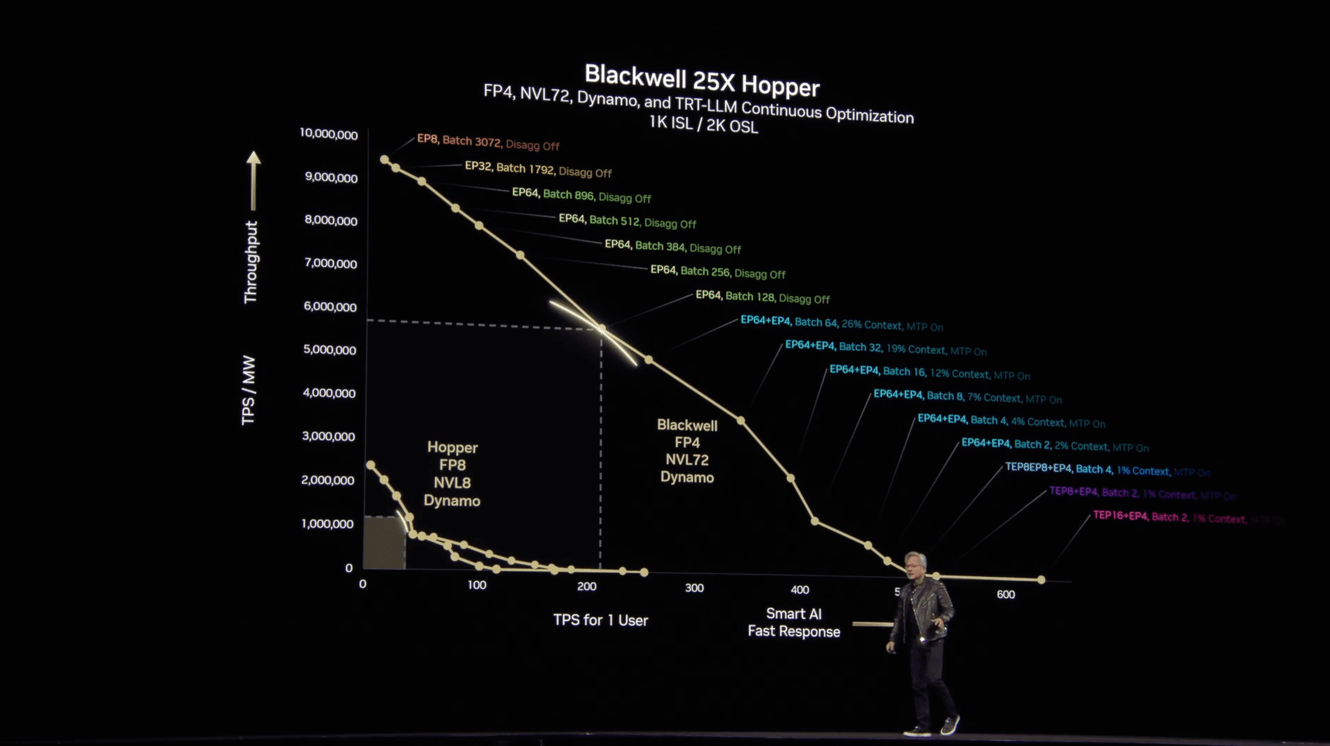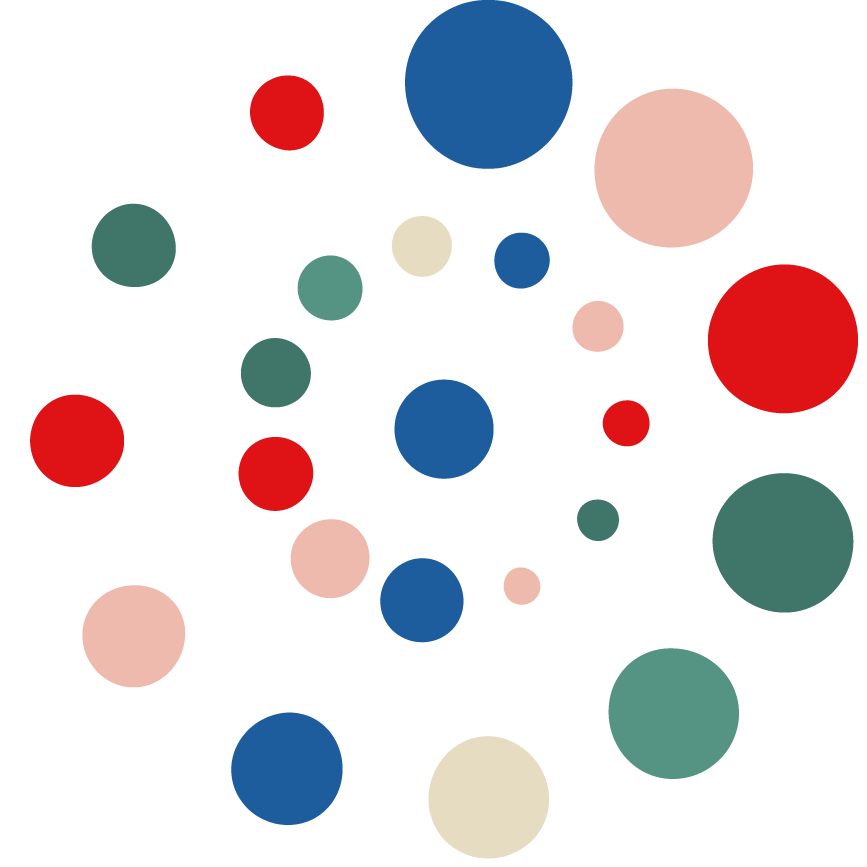Immersive AI Orchestrating Agentic Prompt Systems
Weeknotes 340 - Digital twins that become infused by AI might impact everyday life substantially. This and more notions from the news of last week in human AI relationships.
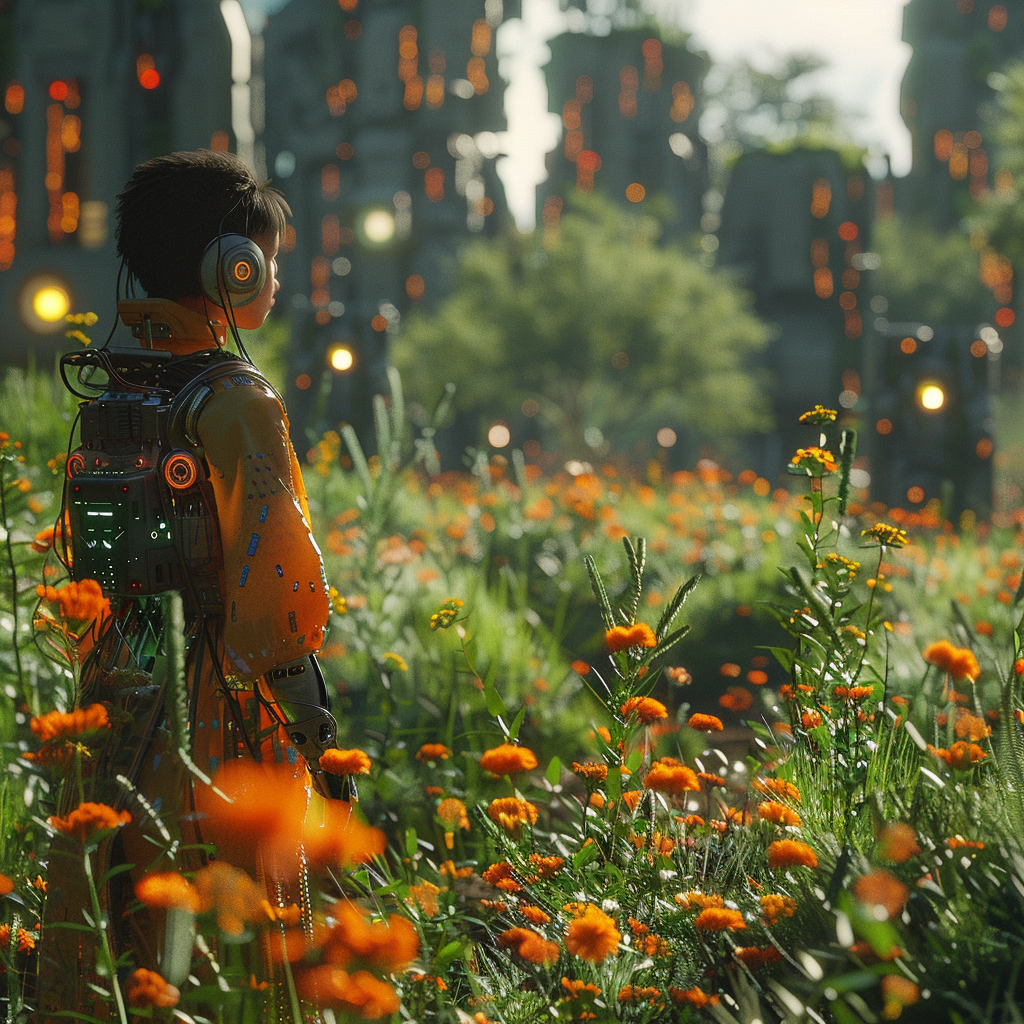
Hi all!
Thanks for landing here and reading my weekly newsletter. If you are new here, have a more extended bio on targetisnew.com. This newsletter is my personal weekly reflection on the news of the past week, with a lens of understanding the unpredictable futures of human-ai co-performances in a context of full immersive connectedness and the impact on society, organizations, and design. Don’t hesitate to reach out if you want to know more or more specifically.
What did happen last week?
The usual mix of activities. Working on the Civic Protocol Economies research and planning of the workshop. And debriefing students for a project on generative things and makerslab.
And working on RIOT 2025, the unconference and salon our announced, check them out!
More ThingsCon: working on the exhibition Generative Things at Hyperlink festival in Waag on 14 June.
I discussed a masterclass on responsible AI that became a fruitful conversation on a more substantial theme to cover. More on that later.
Ingrid invited me to join the session at Huis Leyduin with Marco Derksen on the ethical dilemmas in times of AI. It was a long time we had seen each other in person (we even did a extensive research together on ebusiness maturity way back), and he is still mastering to bring the story across for all types of audiences.
Earlier that week I attended a session organized by VONK on the curse of Big Tech by Reijer Passchier. So this was a good week for reflecting on responsible tech for sure!
I had good conversations in the last weeks on my personal endeavors, as the balance between contract work and voluntary activities is not healthy at the moment. I like to mention them, they read this newsletter; Marco, Monica, and Ingmar. Thanks!
What did I notice last week?
In short, scroll down for longer list.
- OpenAI introduces Codex for vibe coding.
- Google is now coding itself and inventing new algoritmes
- Xai’s Grok is downplaying the holocaust.
- Prompt engineering with agents
- Robotic things for elderly care, and learning environment
- Soft robotic wave, and fast food robotic employees
- Mind control and cyberpunk aesthetics
- Tiktok as safe space for LGBTQ
- General purpose AI and the post-work city
What triggered my thoughts?
This week's Triggered Thought explores some potentially interconnected developments in AI: ubiquitous AI in our environments, the balance within human-AI teams, the evolution of prompt engineering through agents, and how digital twins are evolving toward simulated realities that orchestrate our interactions.
The concept of human-AI teams connects directly to our Cities of Things thinking from 2018, which is now rapidly becoming reality with agentic AI. A critical distinction exists between creating teams of different AIs as replacement workforces versus designing environments where humans and AI form truly collaborative teams. How we approach this distinction will fundamentally shape our relationship with intelligent systems.
Simultaneously, prompt engineering is evolving beyond human expertise. Initially emerging as a crucial professional role when generative AI became widely accessible, we're now witnessing agentic AI systems that create better prompts independently and take initiative to learn user preferences. These systems engage users in meaningful dialogues to handle increasingly complex tasks, potentially eliminating the need for human prompt engineers altogether.
This shift in agency connects directly to the concept of immersive AI—the ubiquitous integration of intelligence into our physical environments. In my forthcoming article in the RIOT publication (available in about 3 weeks), I explore what happens when we live within environments where AI is connected to all objects around us, creating a seamless intelligent fabric that shapes our experiences.
A concerning aspect of these developments is our potential loss of capabilities and understanding. Currently, prompt creation helps us comprehend AI systems. If this interaction is removed, we might maintain only the illusion of control while actually surrendering agency in the relationship.
Nvidia's recent robotic AI initiatives illustrate how these threads converge. Rather than simply creating AI for robots, they're developing sophisticated simulation environments that serve as the "brains" behind physical robots. This represents an inversion of edge computing trends—instead of moving intelligence to devices (which potentially increases human agency), these simulation environments centralize control in cloud systems that orchestrate physical behavior from afar.
This simulation-based approach amplifies Big Tech's already concerning control. Previously criticized for surveillance economics and platform monopolies, their dominance becomes significantly more problematic with advanced AI capabilities. The massive computing power and data required for these simulation environments further concentrate power in the hands of a few corporations.
What emerges is not simply a digital twin that mirrors reality, but rather a simulation layer that increasingly orchestrates reality itself—a meta-layer invisible to us that controls our physical world through agentic relationships. I'm not suggesting we live in a simulation, we may though increasingly find ourselves living by simulation, with our interactions mediated through agentic systems that appear to respond to our prompts while actually following deeper patterns established in environments we cannot access or influence.
What inspiring paper to share?
Large Language Models Are More Persuasive Than Incentivized Human Persuaders
Overall, our findings suggest that AI's persuasion capabilities already exceed those of humans that have real-money bonuses tied to performance. Our findings of increasingly capable AI persuaders thus underscore the urgency of emerging alignment and governance frameworks.
Schoenegger, P., Salvi, F., Liu, J., Nan, X., Debnath, R., Fasolo, B., ... & Karger, E. (2025). Large Language Models Are More Persuasive Than Incentivized Human Persuaders. arXiv preprint arXiv:2505.09662
https://arxiv.org/abs/2505.09662
What are the plans for the coming week?
Check the announcements of Microsoft Build, Google I/O and Anthropic dev conference.
I will check the unconference on digital autonomy. TU Delft has an event on future mobility. And a new event on data design. Sensemakers has handson edge AI.
Enjoy your week!
References to the notions
What is the hottest news? It might be the new OpenAI vibe coding tooling “Codex”.
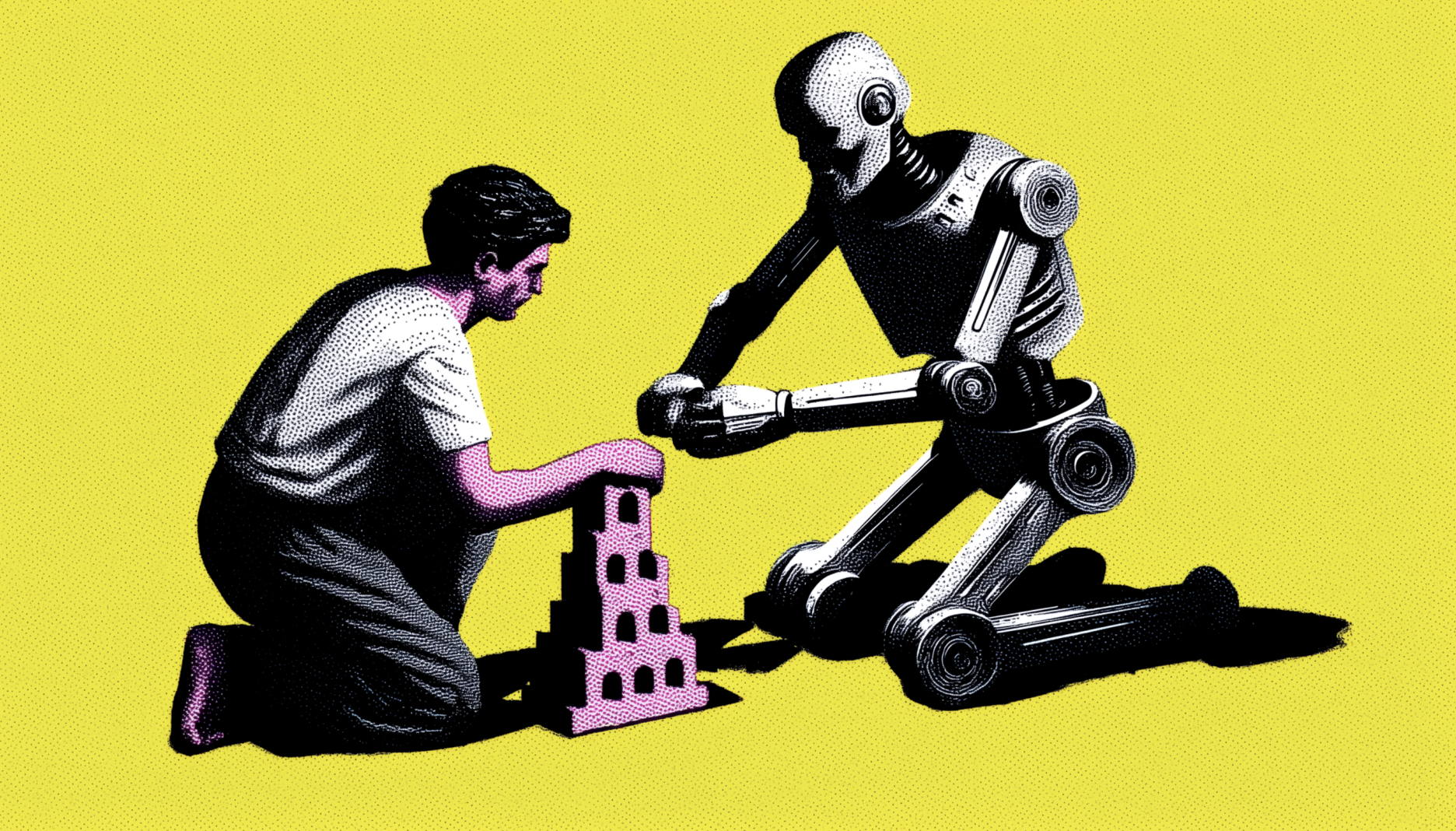
Or is it Google announcing a coding AI that codes AI? By themselves.

Human-AI partnerships
There is consensus that the effectiveness of using the generative AI as tools depends on the quality of the prompting. The first wave of prompt engineering as the new black has been replaced by more mundane prompting on the one hand, and more professional agentic directing.
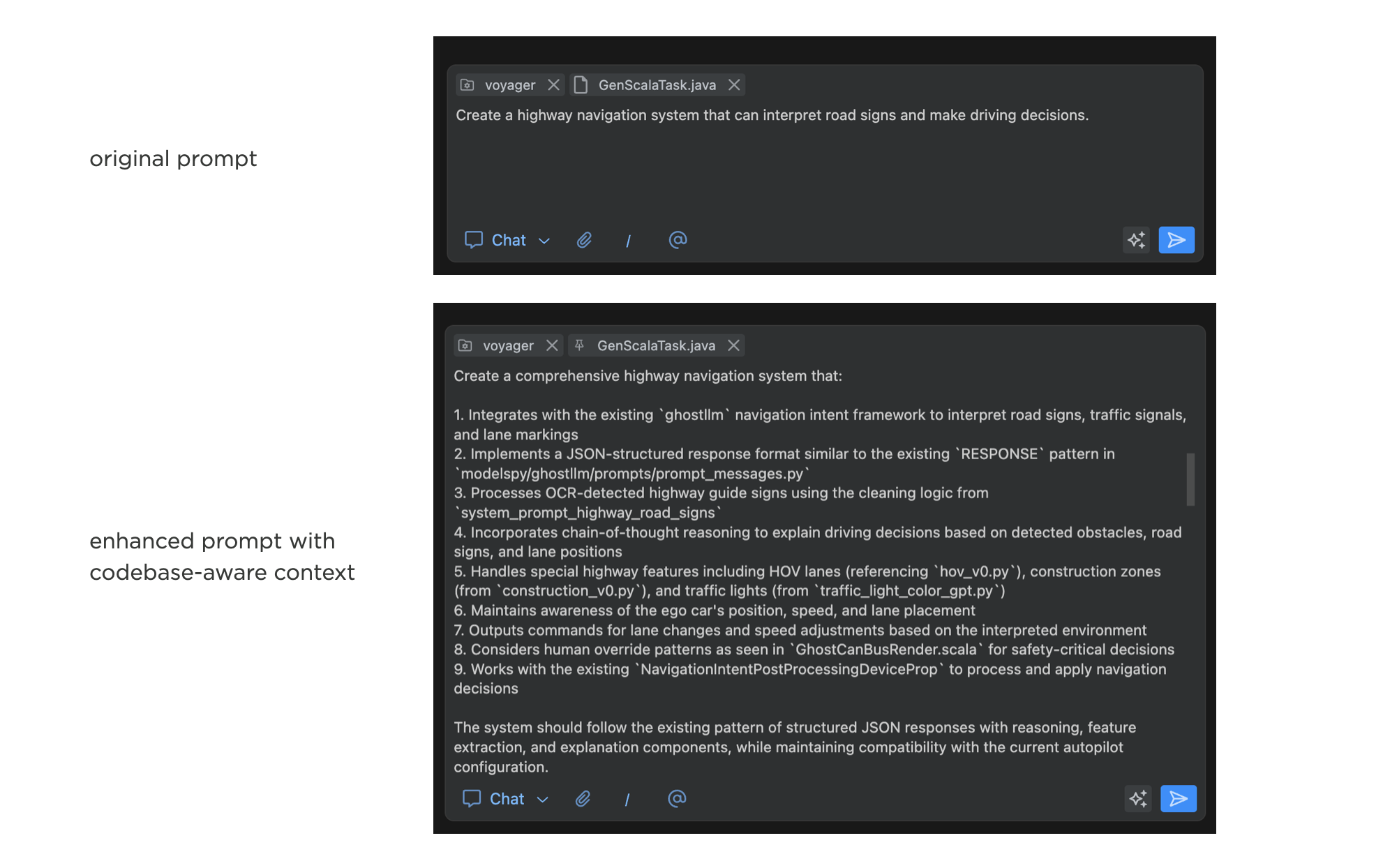
Agents as background actors, arranging your context. It feels a bit like those wiping guys in curling.

Teaming up with AI is not always effective. And conscious AI is not there yet.

It remains the most peculiar story, how Apple is still fighting with itself to get AI right. It still makes a lot of sense to focus on the ‘making-physical-stuff-work-better’


Education is in a seismic shift. Vibe coding might influence skill-building, too.


Robotic performances
Robotic care for the elderly.

Nvidia is progressing on the AI for robots as a learning environment. This is a new kind of edge computing, in reverse.
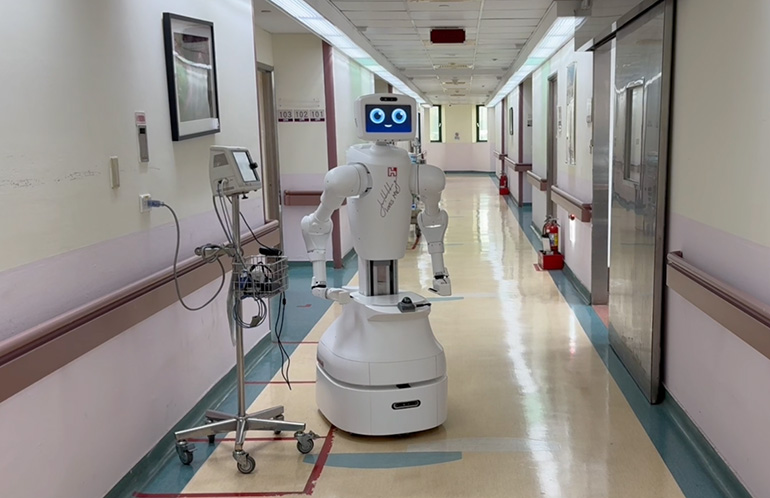
The next wave is hopefully soft robotics (and dismiss humanoids). And octopus robots.
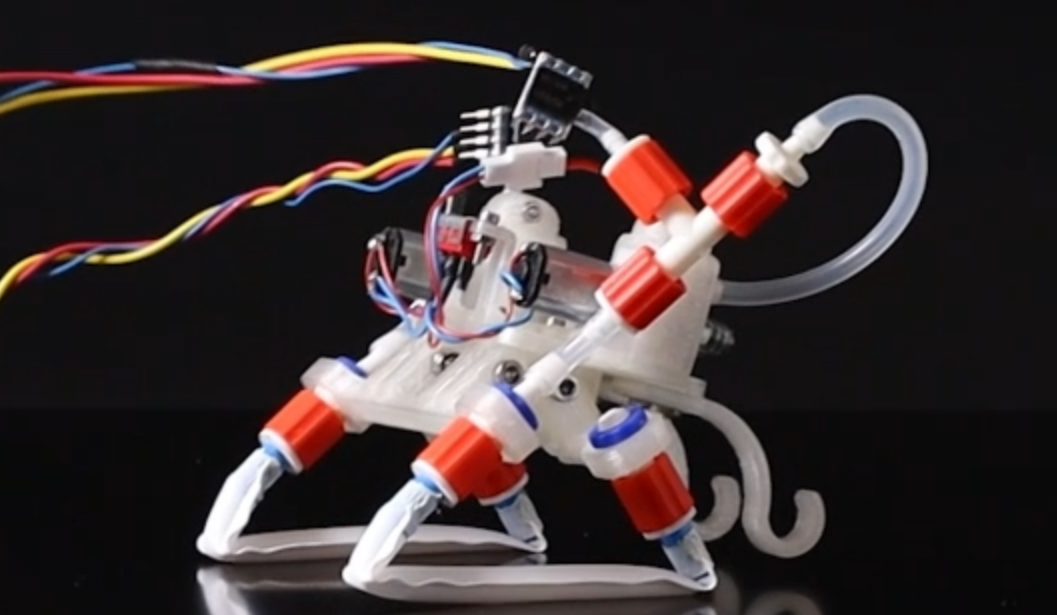

Autonomous driving around the Arc de Triomphe is the ultimate test case.

Silently but certainly. Fast food robot employees.

Immersive connectedness
Will Vision Pro become the reading glasses for the happy few?
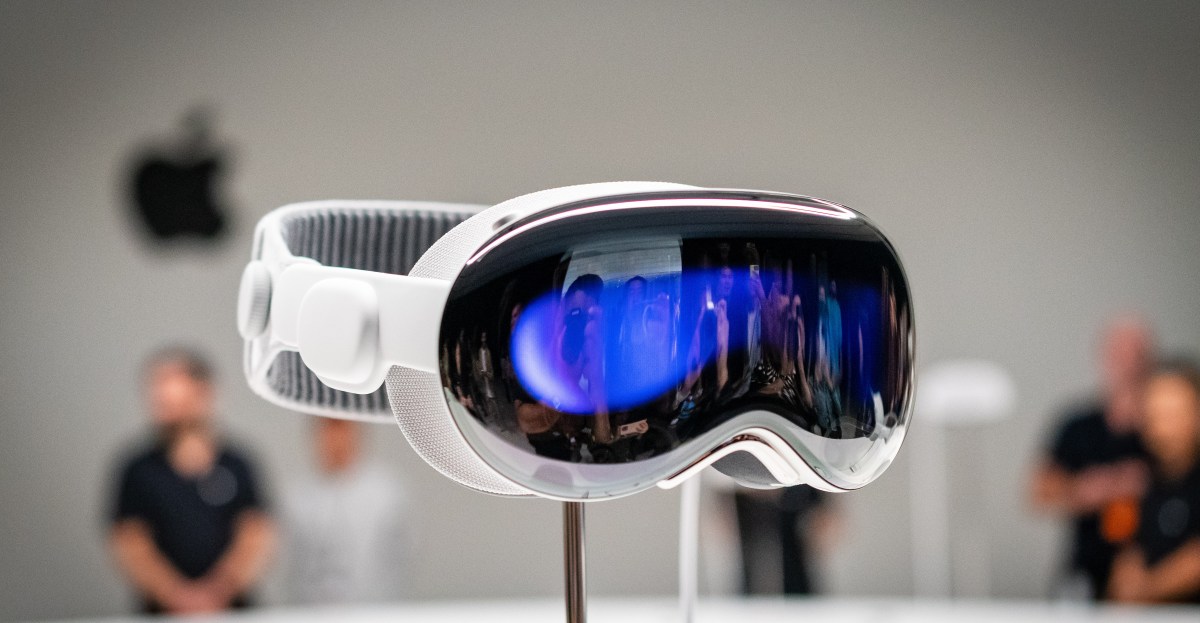
Mind control through implants.
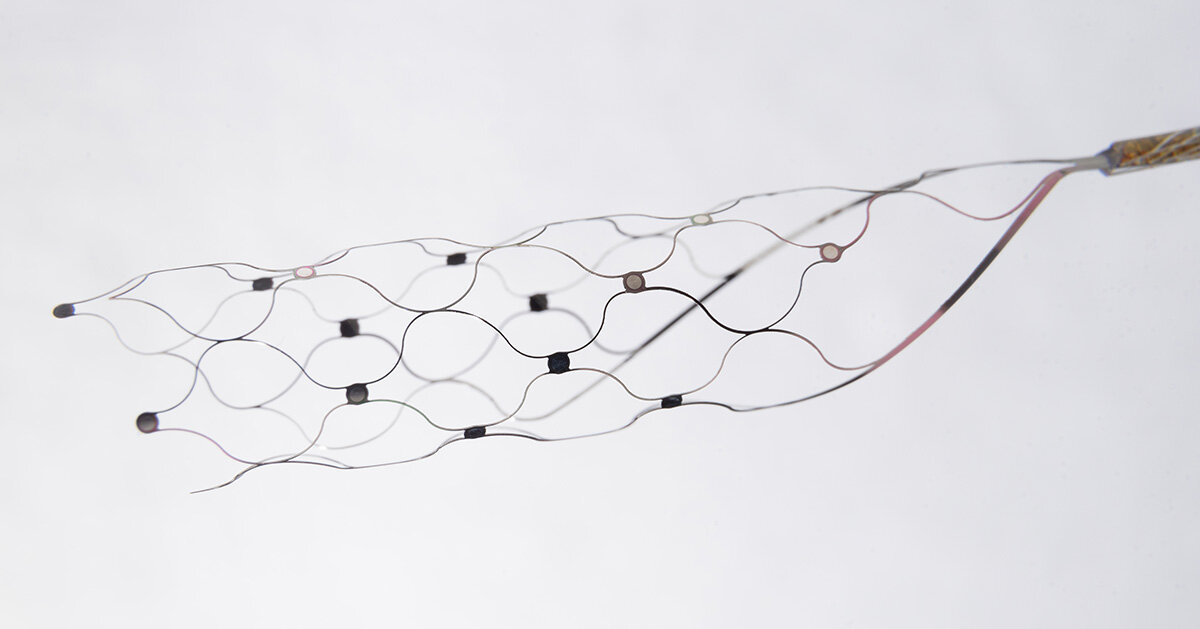
Cyberpunk aesthetics.

Multiple languages are translated in real-time together.

Tech societies & geopolitics
With all that is happening on a geopolitical level, I found it strange not to include relevant news here. Relevant when it has a connection with developments in human-tech relations, specifically AI, more related to politics than ‘just’ tech, and societal developments. One of the agendas of the new autocrats in the US and beyond is LGBTQ+ in society. Remarkable how TikTok is valued as the safest for these rights.

Having a tool to chat with the digital twins of world leaders. To start with UK MPs. How will that play out?

I doubt that I should pay attention to Musk’s actions, but this is typical. The blame game is so ingrained.

Science AI. The ties between big tech and academics remain an important driver for new developments.

Entering a post-work city

Nvidia plans explained by the ceo.
